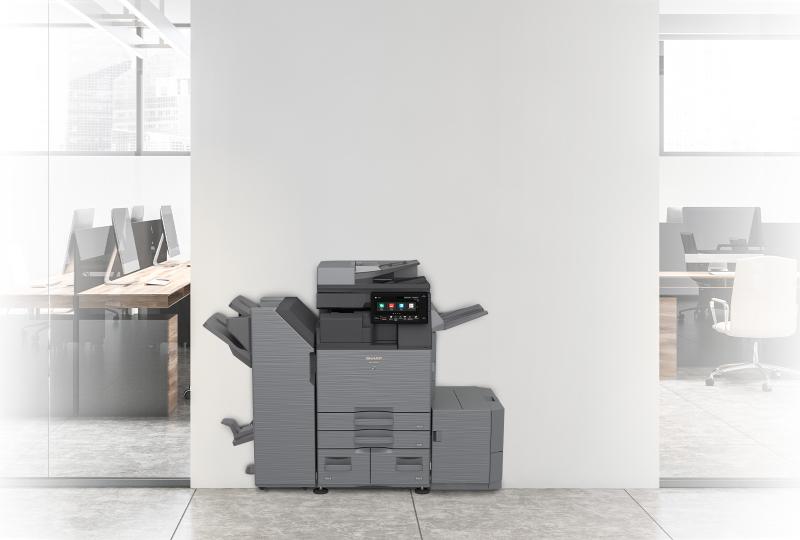How Security Systems Work and Why They Matter
With innovations happening left and right in our lives, security systems have never been more critical in making sure our homes and businesses are kept safe. From advanced smart gadgets to design alarm systems, knowing how these systems work and why they matter is crucial in knowing how best to decide on the protection of your property.
The Anatomy of a Security System
Essentially, a security system is designed to make possible the detection, deterrence, and then response to certain or perceived threats. While residential or commercial, most security systems contain certain common components:
Control Panel: The control panel acts as the brain of the security system, interconnecting different components and status monitoring. If a sensor is triggered, it will process this information at the control panel and turn on respective responses, such as sounding alarms or sending notices to the monitoring center.
Sensors: The sensors in a security system basically fill in for the eyes and ears of the security system. Sensors come in various forms:
Motion Detectors: These will detect any movement within an area covered by a field of infrared energy. Door and window contacts: Whenever there is an opening of any door or window when the system has been armed, these sensors open and send an alert. Glass break detectors: They listen out for that specific sound from breaking glass and start the alarm.
Alarm: The alarm is either an audible or light alerting that notifies the occupants and perhaps the neighbors that a security breach has occurred.
Monitoring Service: A majority of the security systems have an integrated monitoring service that provides 24/7 surveillance. This monitoring center alerts each time an alarm goes off, ensuring verification of the threat before calling in the required emergency services.
Cameras: Surveillance cameras offer real-time video feeds and recordings, enabling visual surveillance of activities across the property. Many modern installations include features such as motion detection and remote access.
Keypads and Remotes: These are used for arming and disarming of the system. Keypads, usually installed at entrance points, and remotes give easy control from a distance.
Smart Home Integration: Many modern systems are being integrated with smart home devices so that one can manipulate the security system through smartphone applications, voice assistants, or other home automation hubs.
How Security Systems Work
Knowing how these components interact is important to understand how a security system works. Now it is time to put it all together, understanding how the components of the system work together:
Arming and disarming mean turning on everything, from sensors and alarms to many other things, via a control panel. When you 'disarm' it, it turns them off. You can arm or disarm the system using a keypad, remote, or via the app.
Detection and notification: A sensor detects a breach-a door opening or some motion within a room, for instance, sends a signal to the control panel. The panel then processes the information and may also set off an alarm and notify the monitoring service.
Communication to Monitoring Center: In the systems that are professionally monitored, after an alarm has been triggered, the panel sends data to the monitoring center. The monitoring service will look into the situation and probably contact the property owner or emergency services.
Recording and response are other forms of continuance beyond the alert. In most modern systems, continuance involves recording video footage or event logs, which may later be useful when reviewed.
Why Security Systems Matter
Security systems are essentially supposed not only to respond to threats but also to prevent any form of threat and give one peace of mind. Here are several reasons why investing in a security system is quite important:
Crime Deterrence: These are visible security systems, such as cameras and signs of alarms. The very presence of a security system often makes properties less desirable targets.
Immediate Response: Whether a burglary or any other emergency occurs, security systems offer immediate responses. Be it alarms that alert the occupants or professional monitoring services calling the right emergency responders, swift action can be taken to minimize damage and optimize safety.
Insurance Benefits: Most insurance firms provide premiums at discounted rates for those properties that are installed with security systems. In this respect, the investment in the security system provides considerable financial benefit related to savings on the premium amount of the insurance coverage.
Remote Monitoring: Most modern security systems have the feature for remote access to monitor your property from a distance. This is pretty useful for those who are more likely to travel or are a busy professional.
Integration with other systems: The security systems integrated with home automation offer a great deal of convenience and control. You can program your security system to switch on lights or the thermostat when one comes into his/her home, thereby enhancing comfort as well as security levels.
Emergency Notifications: Other than security issues, the modern systems can let one know in case of other emergencies, such as a fire or leakage related to carbon monoxide. This extra layer of safety can be crucial for safeguarding your household.
Peace of Mind: Probably the most subtle yet substantial benefit of a security system is the peace of mind that it brings in its wake. The feeling that your property is monitored and safe, you can rest assured and go about other aspects of your life, without having to be bothered constantly with the question of security.
Choosing the Right System
The question of choosing a proper security system involves consideration from a whole host of parameters.
First, learn about your needs by estimating the size of your property, the possible threat you might face, and what added value you need from the security system. Such assessment, in turn, will help you in selecting a system to meet those needs.
Look for Features: Select systems that carry the specific features you want, such as remote access, integration with smart home devices, or specific sensor types.
Professional vs. Do-It-Yourself: Decide whether you want your system to be professional-installed and monitored or if you will be doing it yourself. While professional systems allow for wider and broader support, a DIY system may save you a little more money.
Budget: Plan out just how much you will be willing to spend on installation, monthly monitoring, and other features and equipment you may wish to have.
Research the providers: Do research on different security system providers, read the reviews, and compare their offerings for a reliable and reputable company.
Conclusion
Safety systems form the very core of protection for both homes and businesses against various threats. Acquiring knowledge of how these systems operate, coupled with their importance, will adequately arm you with the information to make sound decisions toward the security of your property. Whether you invest in a high-level smart system or take the more traditional route with an alarm setup, an investment in security is a proactive step toward safety and peace of mind.






Comments